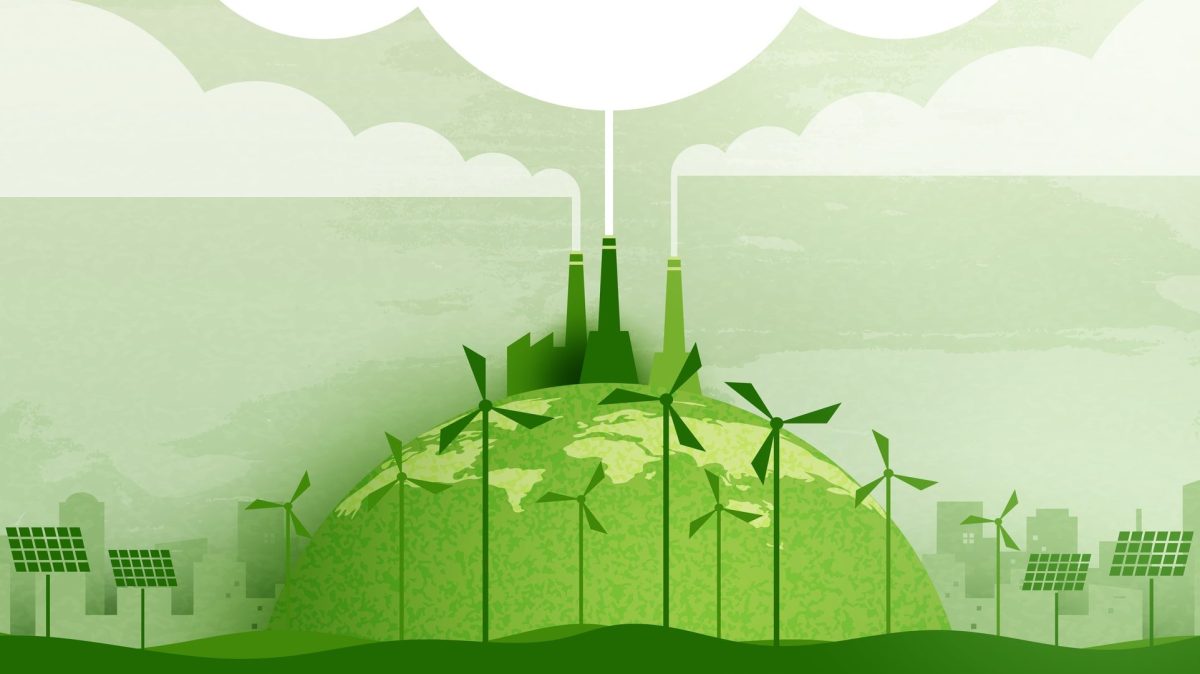In 2018, Neil D’Souza, a software engineer by trade and previously the VP of product development at Thinkstep, came to the realization that his ten-plus-year effort to solve enterprise product challenges in the areas of sustainability, compliance and risk were having little impact. The way he saw it, they took too long, which minimized their influence on product design choices.
“For example, analyzing a car’s life cycle assessment can easily take an automotive company an entire year,” D’Souza told TechCrunch in an email interview. “Speed matters, otherwise the analysis just becomes a meaningless report.”
That frustration was the genesis of his startup, Makersite, which aims to produce near-instant impact assessments in the areas of sustainability, compliance and risk to inform corporate-level decisions. Makersite, D’Souza says, is an attempt to bridge the gap between experts who know what “good” looks like from an environmental, cost, compliance or risk perspective and decision makers with control over the product supply chain.
With over 30 customers including Microsoft, Cummins and Vestas and a balance sheet showing profitable operations over the last few years, Makersite is beginning to attract investor attention, this week securing $18 million in a Series A round with participation from Planet A Ventures. D’Souza says the tranche — Makersite’s first besides “a few convertible notes”; the company was bootstrapped until now — will be put toward work with integrators and resellers and expanding the size of Makersite’s team.
“There are many companies out there that specialize in solving cost, compliance, risk or sustainability challenges. The problem is they each sit in siloes and the data they use is specialized to the people who work in those fields,” D’Souza said. “That’s what makes our solution different. We’re unique in the space as we’re the first to solve the challenge of bringing multi-criteria decision analysis to non-experts.”
Using AI, Makersite maps a company’s product data against a material and supply chain database, generating automated reports. The idea is to help companies meet their sustainability goals while minimizing costs and keeping compliance at the forefront.
The aforementioned database — which D’Souza says is among the largest of its kind — allows Makersite to identify contextual relationships to build a model of products and their supply chains automatically. The models cover not just what a product is made out of, but how every component or ingredient is manufactured — all the way from the mining resources to the factory floor.
“[Makersite] enables a customer to drop in a bill of material for, say, a wind turbine, tell the AI that it’s a wind turbine, answer a few questions (e.g., about power output), and the system will automatically build a ‘cradle-to-grave’ model of that turbine that’s localized to where it’s made and where it’ll be erected,” D’Souza explained. “That allows you to optimize designs of specific elements of the turbine — like the tower and nacelle — to locally available resources and infrastructure, such as recycling facilities, and understand trade-offs across the lifecycle and criteria, like cost, risks and regulations.”
As Makersite grows its headcount from around 40 employees to over 100 over the next 12 months, D’Souza says that the focus will be on building out the company’s sales and marketing teams to grow business particularly in the U.S. and Europe. On the integration side, Makersite’s investing capital in connectors to software like Autodesk to deliver cost and environmental insights within computer-assisted design platforms.
“There is a paradigm shift towards sustainable products which are driven by regulation, competition, customer demand and investments,” D’Souza said. “For that, Makersite enables procurement and product design professionals to make day-to-day decisions without the need for compliance, sustainability, cost or risk experts.”
